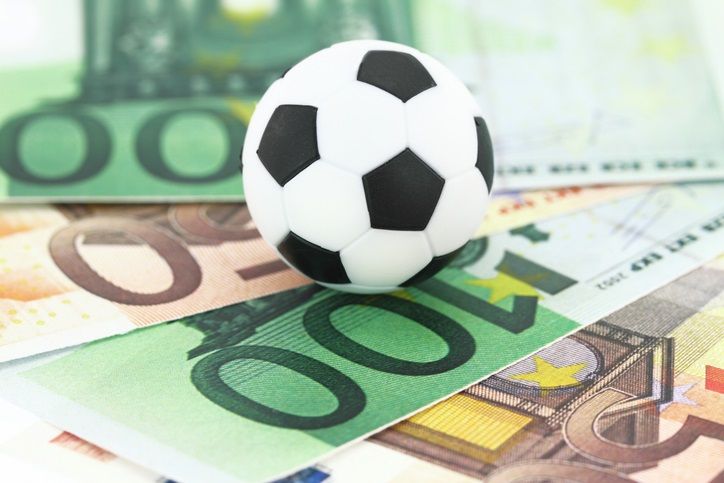Of the 140 sports teams owned by billionaires, 60 are in the US, 20 in Europe and 29 in Asia.
In the UK, almost half (nine out of 20) Premier League football teams are now governed by billionaires. In total, 38 football (soccer) teams across the US, Asia and Europe are owned by billionaires.
In the US, two-thirds (23) of the National Basketball Association and National (American) Football teams, and half (15) of the Major League Baseball clubs are owned by billionaires.
The report additionally found that owning a sports team is not for the fledgling billionaire, with the average sports baron being 68 years old with a wealth of $5bn (£3.8bn, €4.2bn).
A love of the game
The motivation for buying a sports club varies from promoting home communities, to pure passion and diversifying business portfolios, the research found.
Marcel Widrig, partner and private wealth manager at PwC, says modern billionaires want to do more than just preserve and grow wealth.
“Today’s billionaires also feel a responsibility to drive social and economic impact – whether that means creating a private museum to promote the arts or buying a professional sports team to promote a passion,” he said.
The UBS/PwC report found that the total wealth of billionaires globally rose by 17% from $5.1trn to $6trn in 2016, driven largely by entrepreneurs and strong growth in Asia.
Asia’s ultra-wealthy have made more than half of the billionaires’ sports club acquisitions in the last two years.
Chinese tycoons have been major investors in European football clubs. However, in the last few years, they have invested heavily in the Chinese Super League, “bringing the world’s biggest game to the world’s largest audience”, the report said.
A profitable business
While sports club purchases can be driven by passion and a desire to create a legacy, many billionaires are turning sport team ownership into profitable investments.
The US sports market is leading the way, where club owners have made finances more sustainable, the report founds. This is partly due to owners benefiting from an increased value of sports media rights and the global reach of emerging digital markets.
Josef Stadler, head global ultra-high net worth at UBS, says billionaires have changed the game of sport commercialisation: “The societal effect of great wealth is, however, not exclusively economic. Through their own passion for arts and sports, they are playing an increasingly important role in enriching the cultural life of communities,” Stadler says.
Art growth
In addition to sport, billionaires are investing in art more than ever before.
In 1995, there were 28 billionaires on the international top 200 collectors list. In 2016, this number has grown to 72.
While US collectors continue to top the 200 list (42 in 2016), billionaires from Asia, especially China, are becoming increasingly active. In 2006, there was just one billionaire from Asia on the list, compared with 14 in 2016.
The investment in art is leading to a growth in private museums globally. While public museums are also receiving more funding then ever before.







